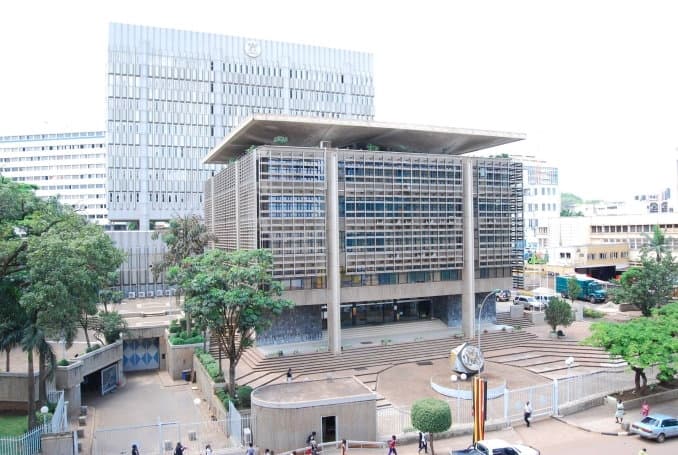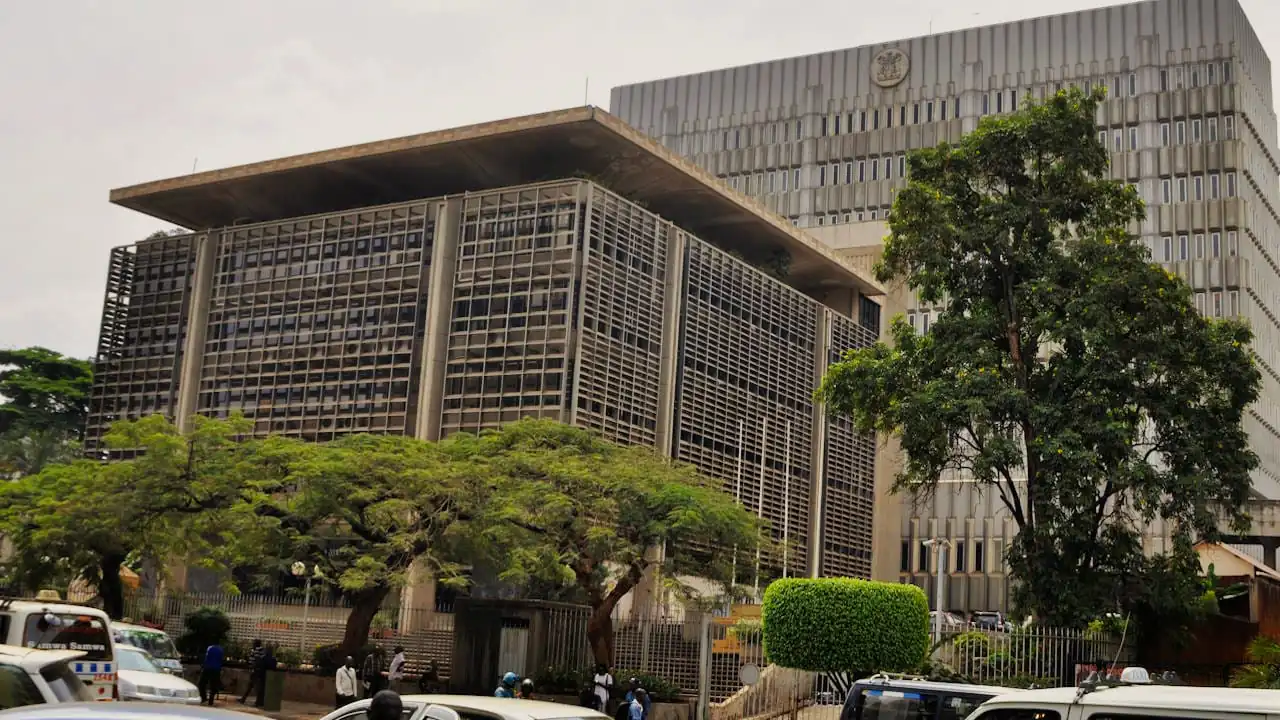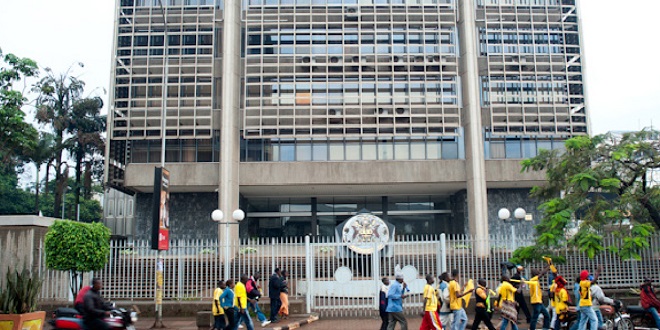Economic Challenges and Opportunities Shape Uganda’s Path in 2024
In June of the preceding year, Finance Minister Matia Kasaija presented the national budget, setting the stage for Uganda’s economic trajectory. However, the nation now grapples with a substantial revenue shortfall exceeding Shs600 billion in the initial half of the current financial year.
AGOA Removal and World Bank Suspension: A Double Blow
For Ugandan exporters relying on the African Growth and Opportunity Act (AGOA) to access the U.S market, 2024 brings unfavorable news. The United States has removed Uganda from the AGOA preference scheme, citing concerns over the recently enacted Anti Homosexuality Act of 2023. Consequently, on August 23, 2023, the World Bank suspended new funding to Uganda, aligning with its stance against the controversial legislation.
Economic Resolve Tested Amidst External and Domestic Pressures
As Uganda faces both external and domestic challenges, development Anthropologist and PhD Fellow, Mr. Kiiza Africa, asserts that 2024 will be a pivotal year for testing the country’s economic resilience. The following analysis dissects the external pressures impacting Uganda’s economic landscape.
External Pressure: A Recap of Economic Shocks
Significantly, a considerable portion of the economic shocks endured by Uganda in the preceding year was imported. The aftermath of the global Covid-19 pandemic, originating in China, led to prolonged economic lockdowns. Following the reopening in 2022, surges in global petroleum demand outpaced supply, raising fuel and crude oil prices, thereby increasing the cost of accessing inputs and markets. Although there is marginal relief in pump prices, the economy is set to endure similar challenges in 2024.
Global Dynamics and Uganda’s Economy
The Russia-Ukraine war in February 2022 added another external factor, causing a surge in international prices for essential commodities, driving inflation into double digits. According to the Deputy Governor of the Bank of Uganda, Mr. Michael Atingi-Ego, global events significantly impact the domestic economy. With a revised global growth projection of 2.7%, reduced demand for Uganda’s exports is anticipated, further affecting the country’s economic outlook.
Inflation, Tight Monetary Conditions, and Trade Outlook
While global inflation is projected to decrease to about 5.4% in 2024, Mr. Atingi-Ego warns that tight monetary conditions will persist, keeping interest rates high. This, in turn, will impact portfolio flows and financing costs for Uganda. On a positive note, there is a predicted boom in regional trade within the East African Community (EAC) and COMESA, providing potential relief for Uganda’s economy.
Fuel Imports and Oil Sector Developments
Uganda’s President Museveni has taken steps to shield the economy from fuel cartels by entrusting the Uganda National Oil Company (UNOC) with the exclusive responsibility of importing petroleum products. This intervention aims to ensure fair pricing and eliminate undue influence on pump prices by middlemen. Meanwhile, 2024 marks a critical phase for Uganda’s oil sector, with significant investments expected to accelerate economic growth.
Trade and Investment Opportunities on the Horizon
In February, the 13th Ministerial Conference of the World Trade Organisation in Abu Dhabi presents an opportunity for Uganda to shape its position in international trade. Additionally, Uganda’s flourishing trade relations with the United Arab Emirates (UAE) are poised to thrive, potentially attracting between $500 million to $1 billion in investments, particularly in cold storage infrastructure at Entebbe International Airport.
Regional Integration Challenges for the East African Community
The East African Community (EAC) faces challenges with the recent admission of Somalia, bringing the total partner states to eight. Issues such as Non-Tariff Barriers, trade wars, and non-payment of membership fees by some states pose critical challenges, according to Mr. Kiiza.




















